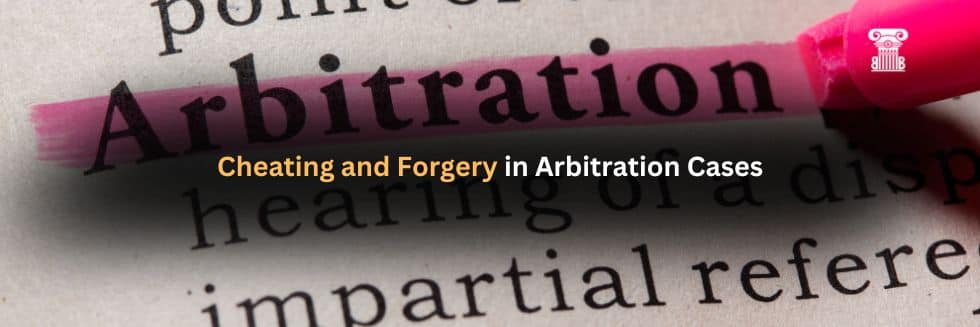In a recent ruling, the Calcutta High Court made a significant decision in the case of United Machinery & Appliances v. Greaves Cotton Limited. The court held that if allegations of cheating and forgery were serious and had been acknowledged by the magistrate, the dispute would not be referred to arbitration.
The plaintiff in this case, United Machinery & Appliances, is a manufacturer of diesel generator sets. The defendant, Greaves Cotton Limited, manufactures diesel engines, including those for diesel generators. In the year 2000, the two parties entered into an agreement.
Under this agreement, Greaves Cotton Limited committed to supply engines exclusively to United Machinery & Appliances. It was mutually agreed that Greaves Cotton Limited would not supply engines to any other entity, and United Machinery & Appliances would not enter into agreements with any other manufacturer.
Following this agreement, United Machinery & Appliances made significant investments. However, in 2012, they discovered that Greaves Cotton Limited was directly supplying engines to potential buyers in Assam. This breach of the agreement led United Machinery & Appliances to file a civil suit, seeking damages.
In response, Greaves Cotton Limited filed an application before the Calcutta High Court under Section 8 of the Arbitration and Conciliation Act, 1996. They sought to refer the dispute between the parties to Arbitration. However, the High Court dismissed the application.
Court’s Observations
Justice Krishna Rao, presiding over the bench, observed that a dispute would not be referred to arbitration when the allegations of cheating and forgery are serious in nature and challenge the existence of the agreement containing the arbitration clause.
The offence of cheating is dealt with under Section 415 of the Indian Penal Code, 1860. “This section states that anyone who deceives a person, fraudulently or dishonestly inducing the deceived person to deliver any property to another person, or to consent that another person shall retain any property, or intentionally induces the deceived person to do or omit to do anything which he would not do or omit if he were not so deceived, and which act or omission causes or is likely to cause damage or harm to that person in body, mind, reputation or property, is said to cheat.”
The explanation in this section states that a dishonest concealment of facts is a deception within the meaning of this section. Section 417 of the IPC deals with the punishment for cheating. It states that whoever cheats shall be punished with imprisonment of either description for a term which may extend to one year, with a fine, or with both.
This ruling has set a precedent for future cases where serious allegations of cheating and forgery are involved, potentially influencing the course of arbitration in India.
__________________________________________________________________________________________________________________________
This article was written and submitted by Devam Krishnan during his course of internship at B&B Associates LLP. Devam is a 4th-year BB.A.LL.B student at NUSRL, Rachi.
